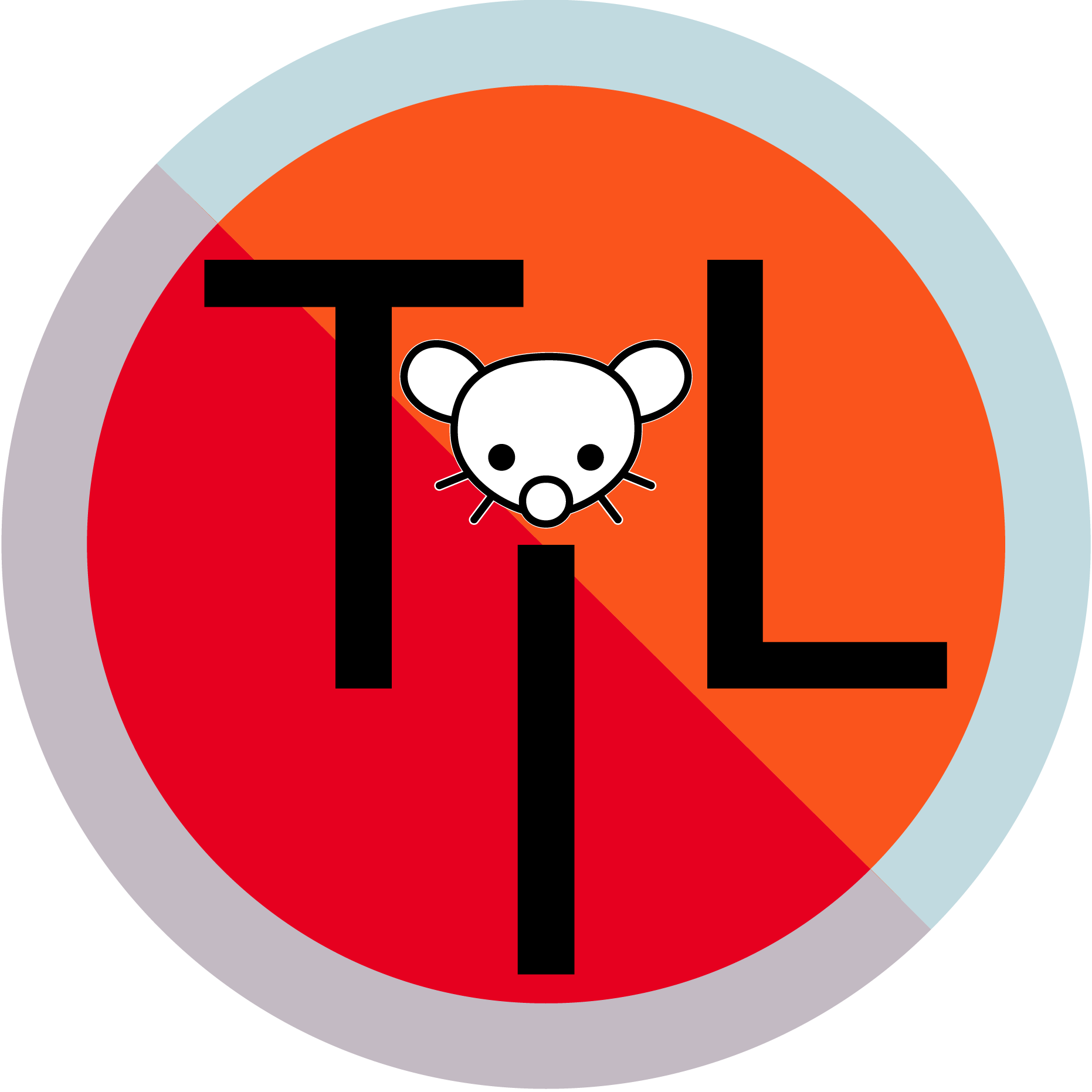Roko’s basilisk is a thought experiment which states that an otherwise benevolent artificial superintelligence (AI) in the future would be incentivized to create a virtual reality simulation to torture anyone who knew of its potential existence but did not directly contribute to its advancement or development, in order to incentivize said advancement.It originated in a 2010 post at discussion board LessWrong, a technical forum focused on analytical rational enquiry. The thought experiment’s name derives from the poster of the article (Roko) and the basilisk, a mythical creature capable of destroying enemies with its stare.
While the theory was initially dismissed as nothing but conjecture or speculation by many LessWrong users, LessWrong co-founder Eliezer Yudkowsky reported users who panicked upon reading the theory, due to its stipulation that knowing about the theory and its basilisk made one vulnerable to the basilisk itself. This led to discussion of the basilisk on the site being banned for five years. However, these reports were later dismissed as being exaggerations or inconsequential, and the theory itself was dismissed as nonsense, including by Yudkowsky himself. Even after the post’s discreditation, it is still used as an example of principles such as Bayesian probability and implicit religion. It is also regarded as a simplified, derivative version of Pascal’s wager.
Found out about this after stumbling upon this Kyle Hill video on the subject. It reminds me a little bit of “The Game”.


Preaching of damnation is not evidence of damnation. There is just as likely a god who punishes you for believing anything wrong as there is a god who punishes you for not believing in them specifically.
Evidence was never part of his theory. Why are you using it as an argument?
He was not in the business of making up new possible religions. Only assessing the currently geographically popular ones.
You seem to not understand the discussion we’re having.
What a pathetic cop out response. I assure you I do, though I shouldn’t have to.